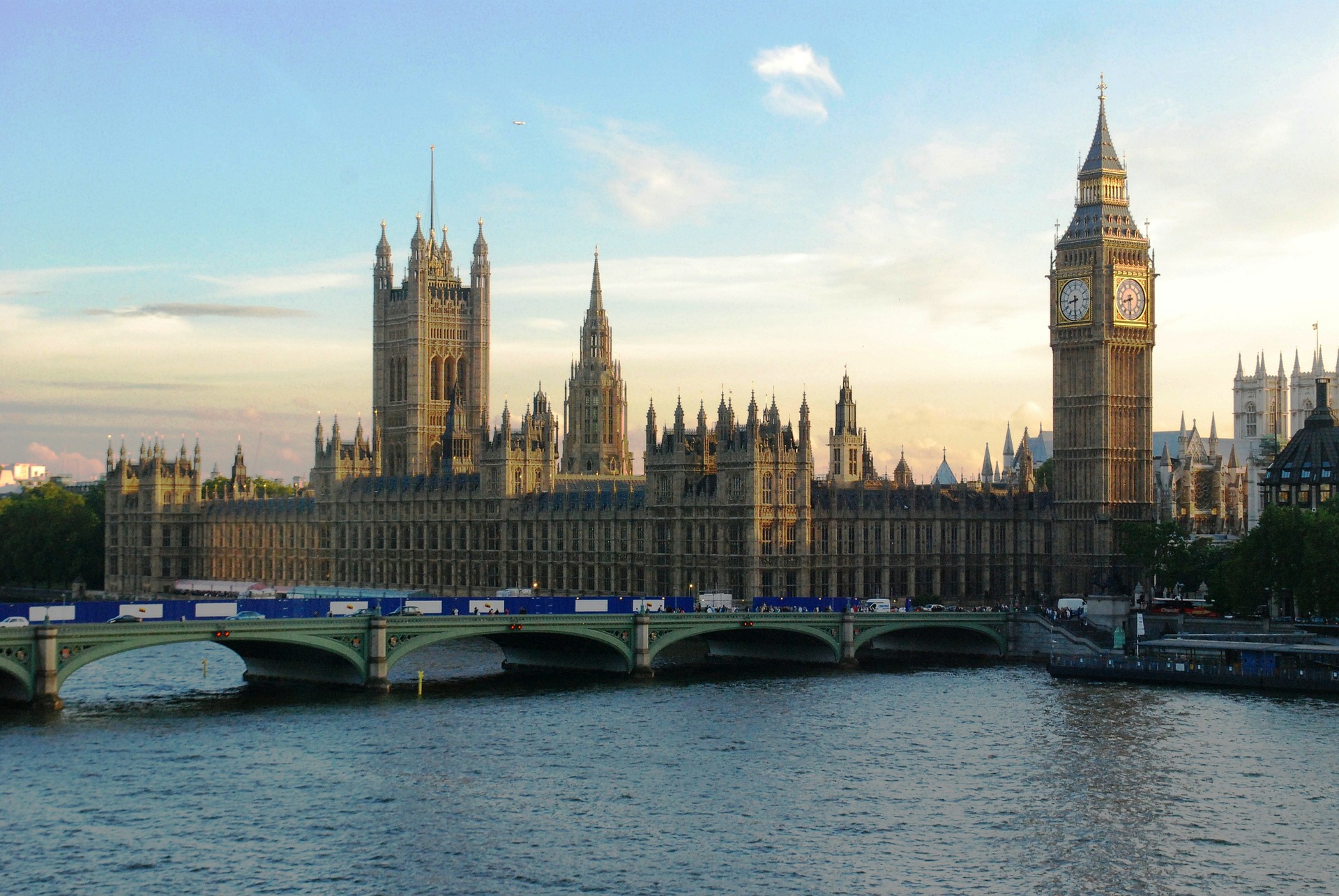
Tax Implications of Buying Physical Gold and Silver in the UK
April 1, 2019
Clear the Lobby: What laws are MPs voting on this week? – w/c 8th April
April 8, 2019Your round-up of the stories that you should discuss at interview this week:
British passports issued without European Union Label
Reported by Sarah Mullane
Despite the recent Brexit delay, UK passports are being issued without the words ‘European Union’ placed on the front cover. As of March 30th, anyone applying for a new passport will have the choice between the original design document, or a newly designed burgundy passport without the EU featuring on the cover page. One woman who picked up her passport this week claimed to be “truly appalled” at discovering her passport lacked the label, as she was not given a choice, stating that she was “just surprised – we’re still member of the EU” when speaking with the Press Association.
Passports containing the words European Union shall remain an option for as long as stocks are available, after which time the option will no longer be available. The government also plans to phase in a new dark blue passport at the end of the year, resembling the original British passport during the pre-EU era.
The decision to remove the ‘European Union’ wording from passports at this early point in the year has come as quite a surprise to many, as Britain continues to establish a set date for its departure from the EU, with an expected pushed back date of June to be announced. Despite the original departure date of March 29th, the failure of the Prime Minister to sway MPs to vote for her Brexit deal has caused confusion and dismay, casting doubt over the future of Britain and its position with its EU member allies.
According to the Home Office, the decision to change the passport designs was in anticipation of leaving the EU in March, with one spokeswoman saying that “in order to use leftover stock and achieve best value to the taxpayer” the original passports shall continue to be issued for “a short period”.
Both designs shall remain valid for travel.
Find out more at BBC and the Telegraph.
Corbyn and May seek Brexit breakthrough
Reported by Nathan Gore
Following the three-times rejection of Theresa May’s Brexit deal in Parliament, she has been forced to seek other routes in order to break the Brexit stalemate.
This has involved her having to reach out to the Leader of the Opposition, Labour’s Jeremy Corbyn, in order to try to broker a compromise. Three days of talks, however, ended on Friday without agreement and Labour said no more talks were planned this weekend.
Both sides have faced criticism from within their own parties over these compromise talks, highlighting the deep divisions in Parliament over Brexit.
Chancellor Philip Hammond said he is “optimistic” Brexit discussions between the government and Labour can reach “some form of agreement”.
Mr Hammond said there were “no red lines” in the meetings.
But Labour leader Jeremy Corbyn said he was “waiting to see the red lines move” and had not “noticed any great change in the government’s position”.
Shadow business secretary Rebecca Long-Bailey says if no-deal became an option Labour would consider “very, very strongly” voting to cancel Brexit.
Corbyn has been under pressure to force the Conservative government to agree to a second referendum on any potential Brexit deal. Alternatively, many within his party support the approach of seeking a Customs Union or Single Market arrangement with the EU.
Failure for breakthrough thus far has led to Theresa May stating that there was a “stark choice” of either leaving the European Union with a deal or not leaving at all.
For more information see the here and here.
First examples of commercial 5G services
Reported by Emma Ducroix
The fifth-generation of mobile internet connectivity is on the way.
A wish from many of us: get more data faster, with less delay and also a more stable connection.
World’s first 5G services has launched this week in South Korea and in the US, promising a new wave of capabilities for smartphone users.
And, according to a chief television and entertainment analyst, Ed Barton, the changement from 4G to 5G services will be significant.
He added: “We’re expecting the leap from 4G to 5G to be a much greater leap than ever before.”
The evolution will come from the ability to move much greater volumes of data across networks.
As the network update of current smartphones, Samsung said its Galaxy S10 5G device will offer speeds up to 20 times faster and it began selling the handsets on Friday.
The technology is being piloted in trials all over the world but commercial applications are just becoming available.
South Korea’s top three mobile carriers launched 5G services this week, while US also launched 5G services in parts of two cities this week.
South Korea and Japan have been leaders in 5G development, and we will be able to see more applications coming to the market over the next three-to-six months, according to analysts.
Countries are working to build 5G networks that will be crucial for future tech such as driverless cars.
Nations are also working to resolve security concerns tied to the networks. It is necessary to know that much discussion about 5G infrastructure has centered on possible security risks.
Indeed, Huawei, the world’s largest maker of telecoms equipment, has faced resistance from foreign governments over the risk that its technology could be used for espionage.
(In principle, controlling the technology that sits at the heart of vital communications networks gives an operator like Huawei the capacity to conduct espionage or disrupt communications.)
This becomes a bigger problem as more things – from autonomous vehicles to domestic appliances – become connected to the internet.
One of the fundamental differences between 4G and 5G networks is the ability for remote control which raises “potential security concerns”.
As an example, with 4G, software and hardware were very tightly coupled. In 5G networks, hardware is separated from the software.
So, we just can hope that it will be no more problems related to security with new 5G services and that smartphones will be more private than it is today. To be continued…
See more information here.
Being stoned to death is now the punishment for being gay in Brunei
Reported by Jutha Cheewat
Under this draconian law, it is now legally possible to punish citizens for having gay sex. According to the Guardian, Zain a 21-year-old, who was walking down the street in high heel, was one of the targets to potentially be stoned to death in Brunei.
The former British protectorate incorporated a so-called sharia law, that legalised cruel and inhumane punishments including that of stoning for gay sex and amputation for theft, this week.
The laws caught media attention and attracted many criticisms for the inhumane and barbaric act going against the fundamental human rights principle. There have been many attempts to condemn the acts including Ellen DeGeneres, George Clooney and Elton John coming out to boycott hotels owned by the Sultan around the world.
Having said that, the Brunei media remain silent about the matter. The sultan did not mention the matter either but instead said that he supports “stronger Islamic teaching” at one of his public events.
Brunei is known for its capital punishment but that only referred to hanging that has not happened since 1957.
The local and young Bruneians Ann described the situation, “It sucks, but it wasn’t great, to begin with. We are very good at adapting, we all learn to have two or three social media accounts.
We Bruneians can’t do anything about it, so I don’t know how outside forces can help. It’s more about how we as Bruneians can get through this together.”
To local citizens, it is still a far-fetching idea to actually witness the punishment taking place, but it is no longer illegal to do so.
Read more on the Guardian.
Get these updates straight to your inbox every week by signing up here.



